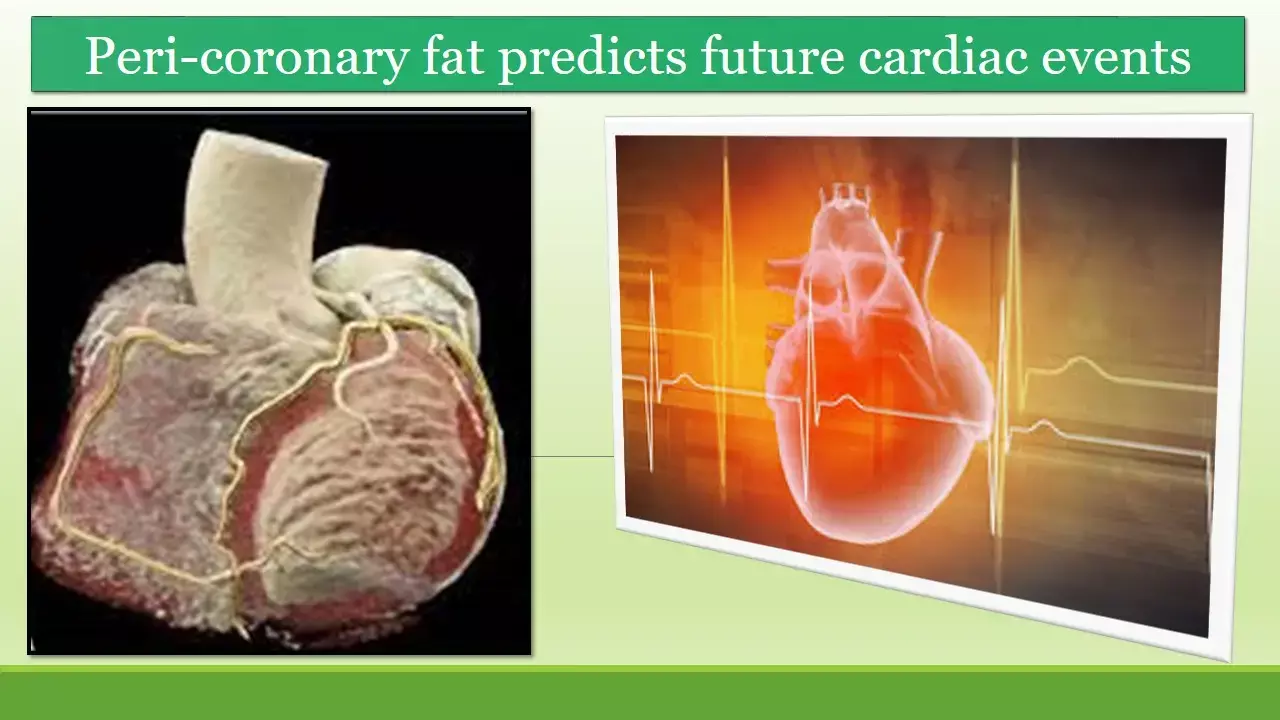- Home
- Medical news & Guidelines
- Anesthesiology
- Cardiology and CTVS
- Critical Care
- Dentistry
- Dermatology
- Diabetes and Endocrinology
- ENT
- Gastroenterology
- Medicine
- Nephrology
- Neurology
- Obstretics-Gynaecology
- Oncology
- Ophthalmology
- Orthopaedics
- Pediatrics-Neonatology
- Psychiatry
- Pulmonology
- Radiology
- Surgery
- Urology
- Laboratory Medicine
- Diet
- Nursing
- Paramedical
- Physiotherapy
- Health news
- Fact Check
- Bone Health Fact Check
- Brain Health Fact Check
- Cancer Related Fact Check
- Child Care Fact Check
- Dental and oral health fact check
- Diabetes and metabolic health fact check
- Diet and Nutrition Fact Check
- Eye and ENT Care Fact Check
- Fitness fact check
- Gut health fact check
- Heart health fact check
- Kidney health fact check
- Medical education fact check
- Men's health fact check
- Respiratory fact check
- Skin and hair care fact check
- Vaccine and Immunization fact check
- Women's health fact check
- AYUSH
- State News
- Andaman and Nicobar Islands
- Andhra Pradesh
- Arunachal Pradesh
- Assam
- Bihar
- Chandigarh
- Chattisgarh
- Dadra and Nagar Haveli
- Daman and Diu
- Delhi
- Goa
- Gujarat
- Haryana
- Himachal Pradesh
- Jammu & Kashmir
- Jharkhand
- Karnataka
- Kerala
- Ladakh
- Lakshadweep
- Madhya Pradesh
- Maharashtra
- Manipur
- Meghalaya
- Mizoram
- Nagaland
- Odisha
- Puducherry
- Punjab
- Rajasthan
- Sikkim
- Tamil Nadu
- Telangana
- Tripura
- Uttar Pradesh
- Uttrakhand
- West Bengal
- Medical Education
- Industry
Peri-coronary fat may be a "game-changer" in cardiovascular risk prediction: JACC study

The "holy grail" in coronary artery disease (CAD) research is the early identification of patients at increased risk to experience myocardial infarction (MI). In the latest issue of JACC Imaging, van Diemen et al have shown the prognostic value of pericoronary adipose tissue (PCAT) computed tomography attenuation (PCATa) in cardiovascular risk prediction. The benefits of this assessment extend beyond routine quantitative coronary computed tomography angiography (CCTA)-derived plaque volume and positron emission tomography determined ischemia.
As coronary inflammation plays a central role in the atherosclerotic process and in the rupture of vulnerable, predominantly nonobstructive plaque ultimately resulting in MI, its early detection might significantly improve cardiovascular risk stratification and targeted anti-inflammatory treatment. So far, the noninvasive detection of coronary artery inflammation remains challenging.
Due to its anatomic and biologic associations with the coronary arteries, recent research suggests that pericoronary adipose tissue (PCAT) is asscoiated with coronary inflammation and enables better prediction of future cardiac events.
The present single-center study assessed in a retrospective fashion the prognostic value of PCAT CT attenuation beyond quantitative plaque volume and ischemia among 539 patients with suspected CAD who underwent coronary CTA and [15O]H2O PET perfusion imaging.
Imaging assessment included coronary artery calcium score (CACS), presence of obstructive CAD (≥50% stenosis) and high-risk plaques (HRPs), total plaque volume (TPV), calcified/noncalcified plaque volume (CPV/NCPV), PCATa, and myocardial ischemia. The endpoint was a composite of death and nonfatal myocardial infarction. Prognostic thresholds were determined for quantitative CCTA variables.
The authors found that all plaque variables and the presence of myocardial ischemia were associated with the composite endpoint, with stronger association to outcome compared with right coronary artery (RCA) PCAT attenuation.
RCA PCAT CT attenuation above scanner-specific thresholds was associated with worse prognosis, and retained its prognostic value even after adjustment for imaging variables and clinical characteristics associated with the endpoint. Left anterior descending artery and circumflex artery PCATa were not related to outcome.
The trial thus demonstrated that increased RCA PCAT CT attenuation is a possible marker of global coronary inflammation and its prognostic value extends beyond coronary CTA-derived parameters linked to plaque burden, vulnerability, and myocardial ischemia.
This non-invasive assessment can easily be retrospectively quantified from available images without additional contrast agent or radiation exposure.
"Together with CTA-derived assessment of luminal and structural characteristics of the coronary wall, implementing analyses of the PCAT CT attenuation or the FAI (fat attenuation index) as a potential sensor of coronary inflammation might represent to date the most promising and applicable imaging approach to predict cardiovascular risk", noted Goeller et al in an accompanying editorial.
Thus pericoronary fat detection can be a game-changer in refining the cardiovascular risk prediction using non-invasive modalities. Large prospective trials are warranted to deliver conclusive data that might pave the way toward a "novel marker" in the search of the "vulnerable patient".
Source: JACC Cardiovascular Imaging: DOI: 10.1016/j.jcmg.2021.03.025
MBBS, MD , DM Cardiology
Dr Abhimanyu Uppal completed his M. B. B. S and M. D. in internal medicine from the SMS Medical College in Jaipur. He got selected for D. M. Cardiology course in the prestigious G. B. Pant Institute, New Delhi in 2017. After completing his D. M. Degree he continues to work as Post DM senior resident in G. B. pant hospital. He is actively involved in various research activities of the department and has assisted and performed a multitude of cardiac procedures under the guidance of esteemed faculty of this Institute. He can be contacted at editorial@medicaldialogues.in.
Dr Kamal Kant Kohli-MBBS, DTCD- a chest specialist with more than 30 years of practice and a flair for writing clinical articles, Dr Kamal Kant Kohli joined Medical Dialogues as a Chief Editor of Medical News. Besides writing articles, as an editor, he proofreads and verifies all the medical content published on Medical Dialogues including those coming from journals, studies,medical conferences,guidelines etc. Email: drkohli@medicaldialogues.in. Contact no. 011-43720751


